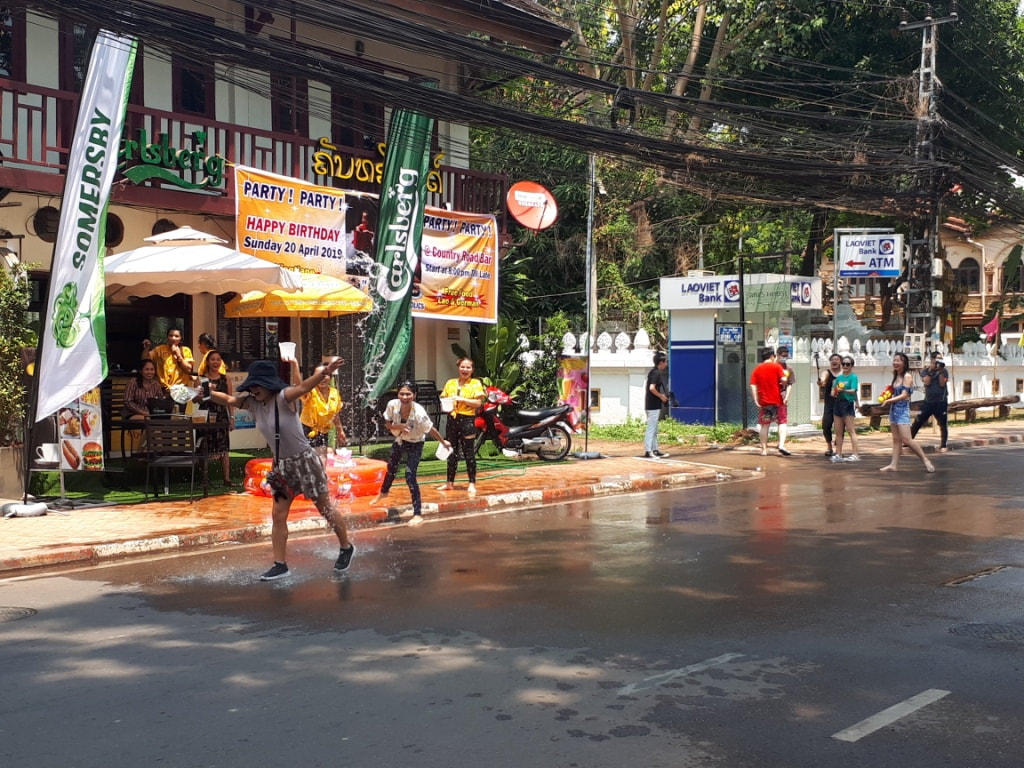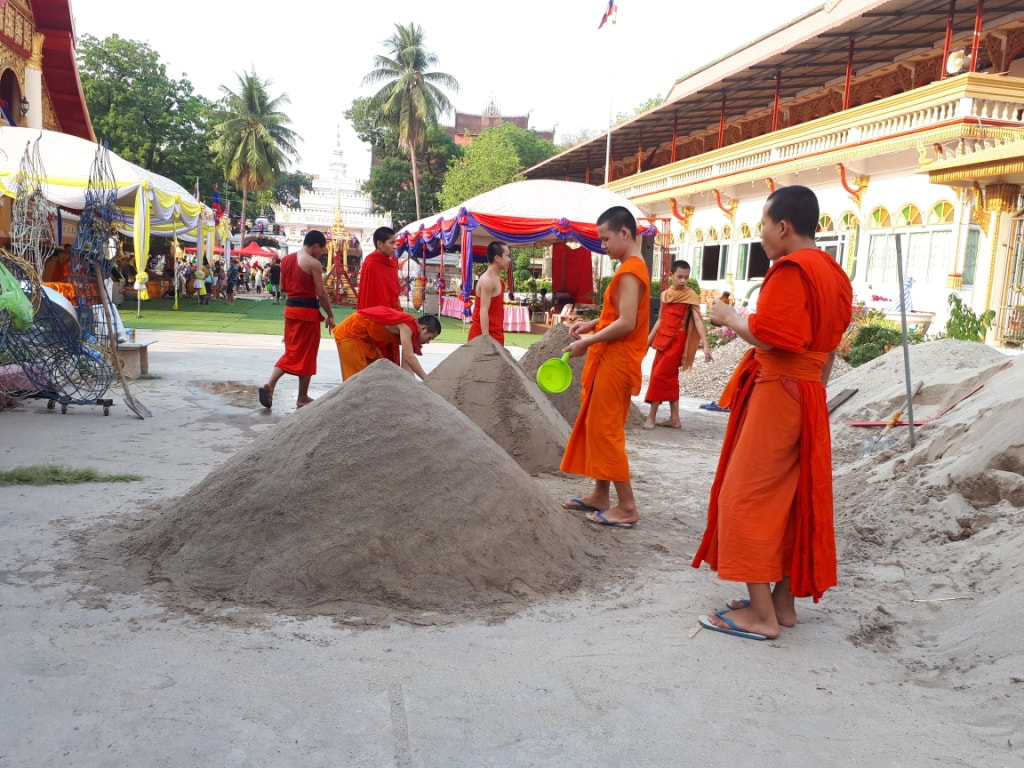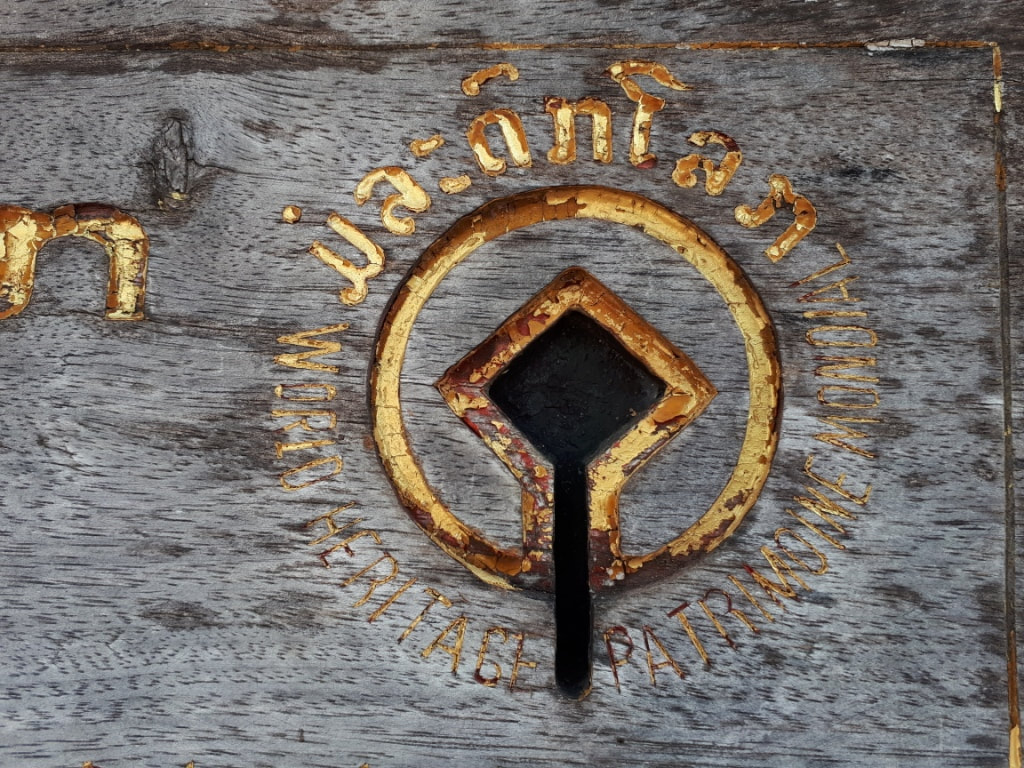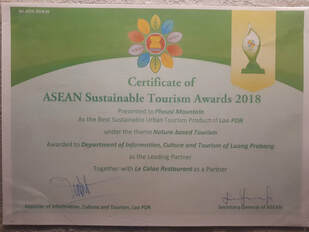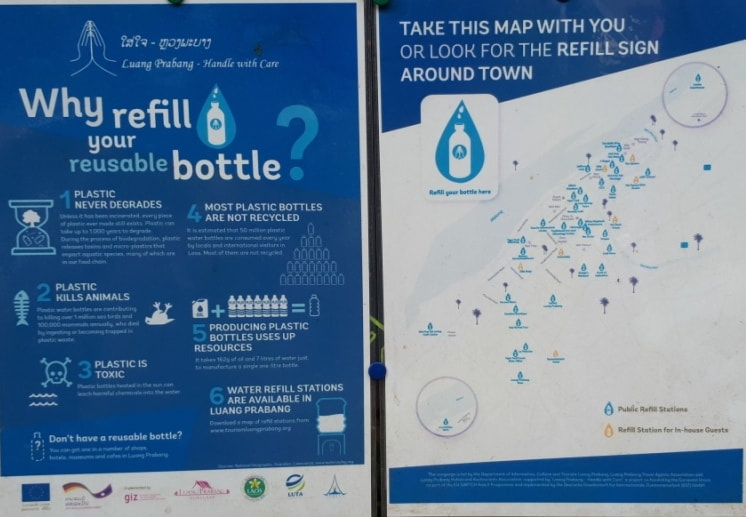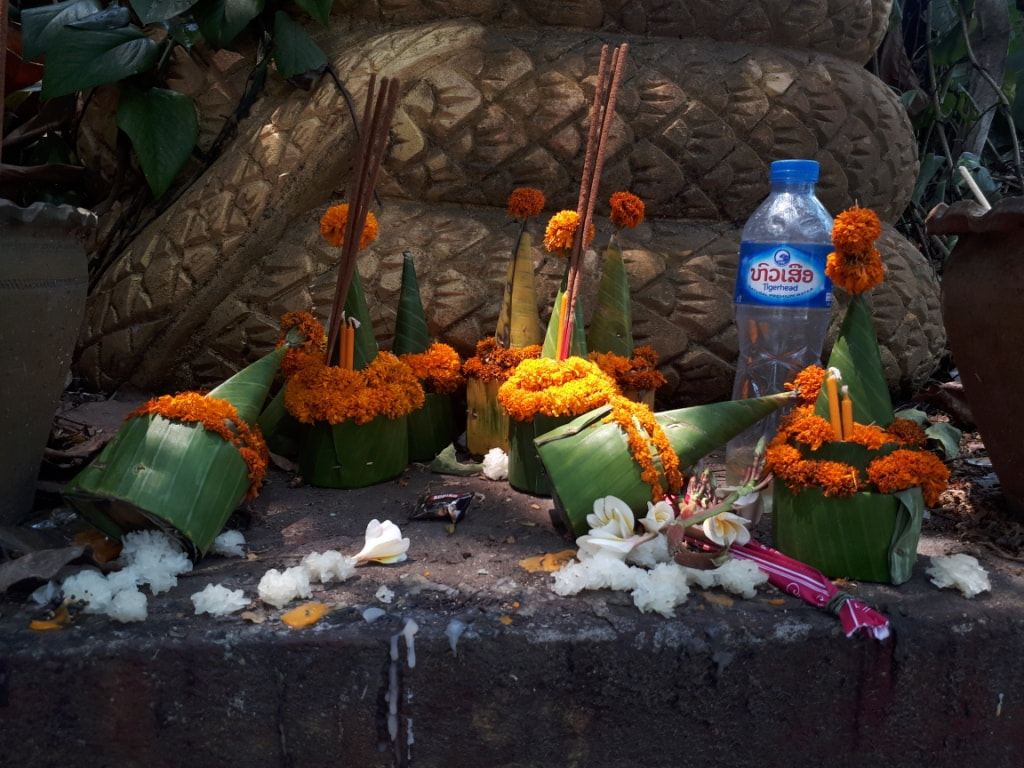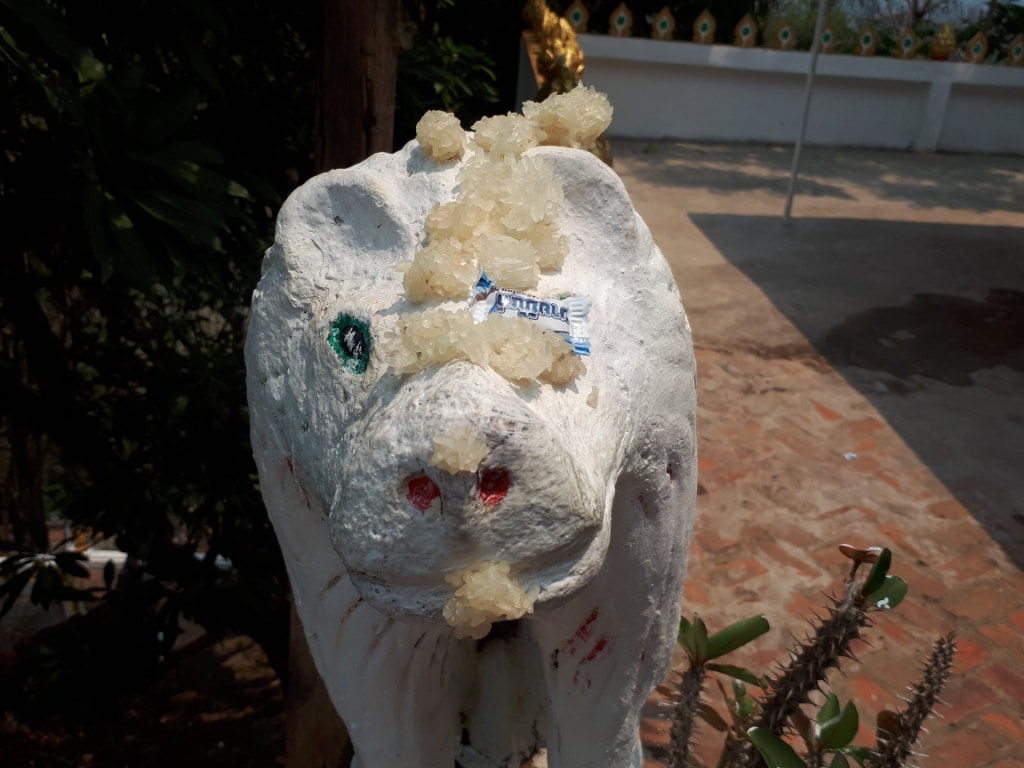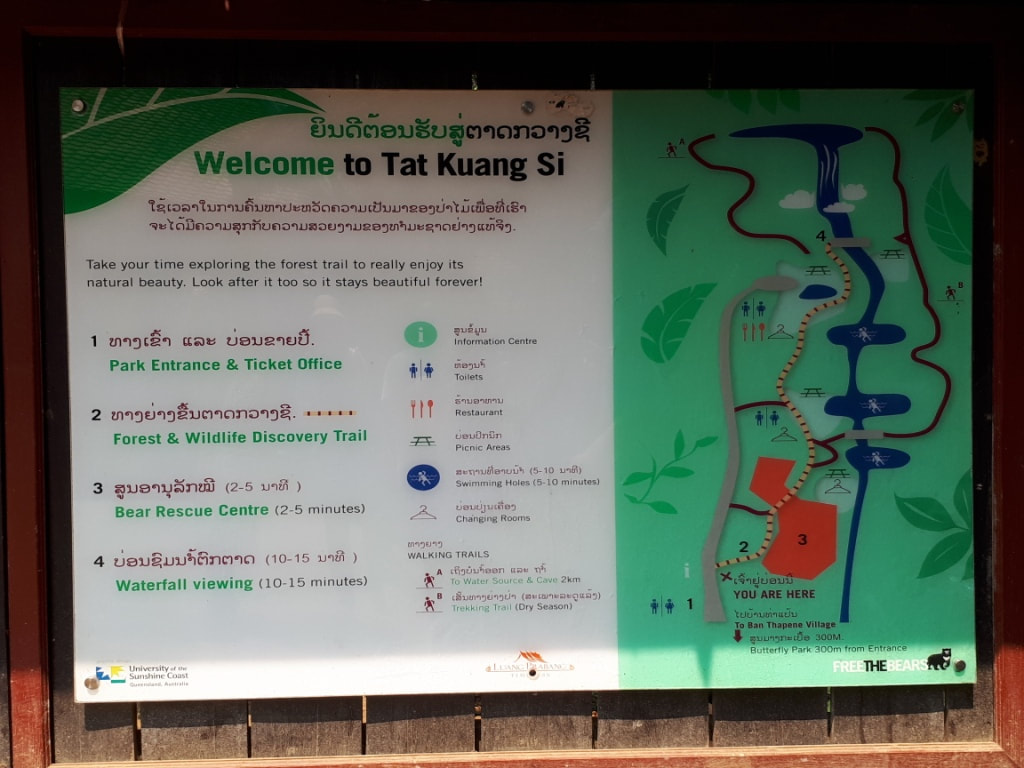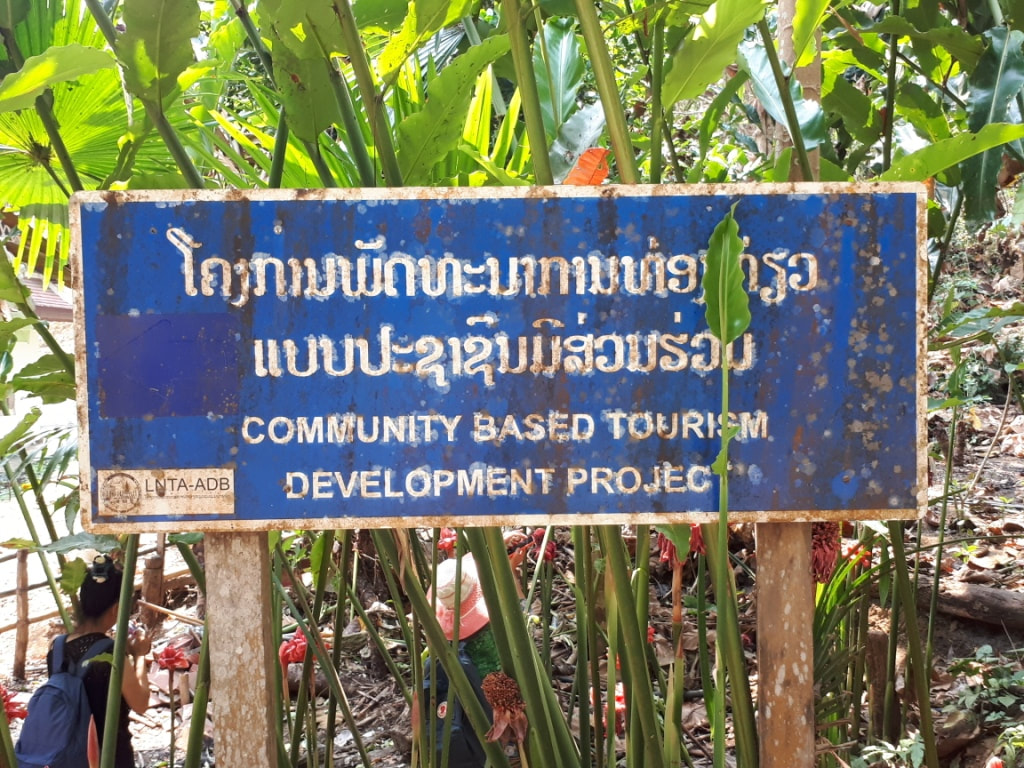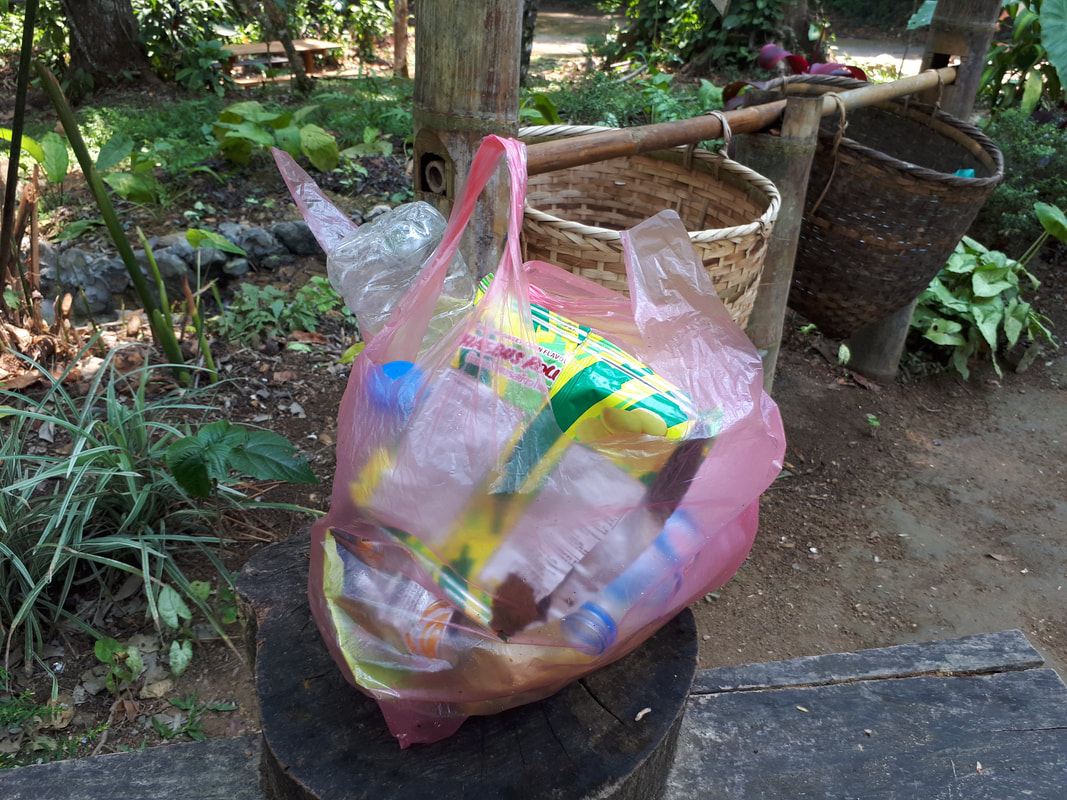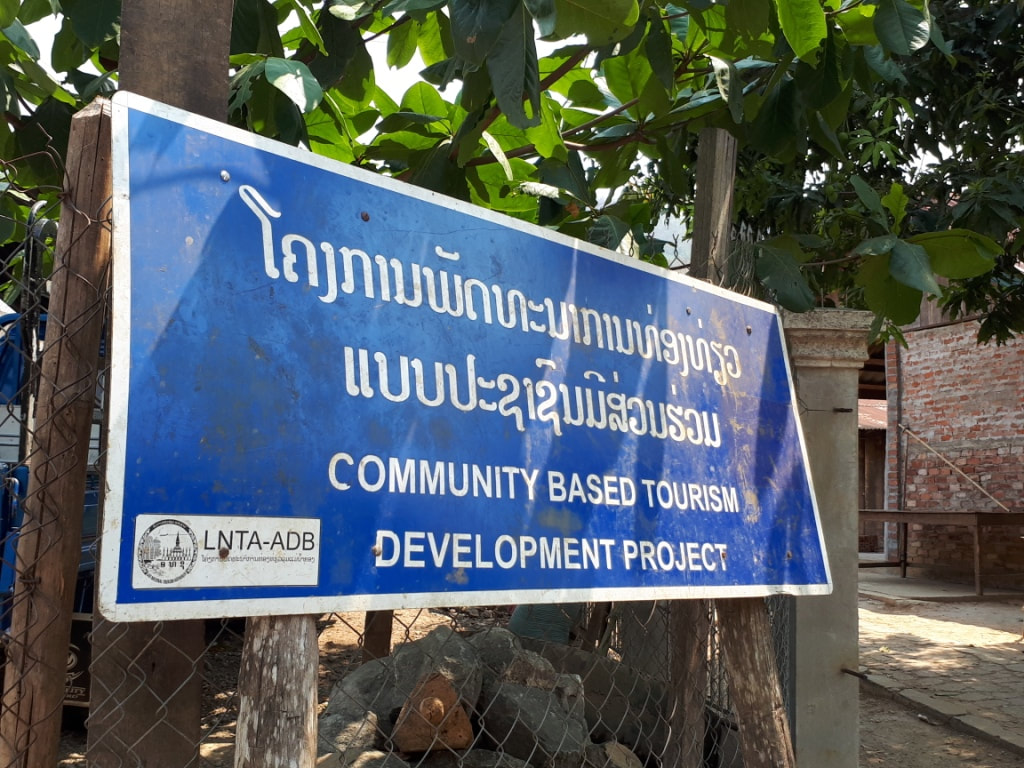|
Within the framework of the Herost project, Catherine GERMIER-HAMEL, Founder & CEO of Millennium Destinations undertook a mission to Laos on April 12 to 19, 2019, in order to identify potential local partners and explore eco-friendly and community-based travel (CBT) experiences, especially in Luang Prabang region, in Northern Lao. The mission took place during the Lao New Year, or Pi Mai (Lao: ປີໃໝ່), which is celebrated every year on April 13/14 to April 15/16 in Laos, as well as in Cambodia (Chaul Chhnam), Myanmar (Thingyan), and Thailand (Songkran). During three days, corresponding to the hottest time in the region, more or less copious amounts of water are sprinkled or thrown at passers-by on the street, very often using buckets, hoses, water guns or any available tool. This may put a strain on water resources, in spite of their relative abundance in LAO PDR. Particularly in Luang Prabang, listed as UNESCO World Heritage site in 1995, the Buddhist festival has become a very popular attraction for domestic and foreign visitors. It offers many opportunities to share unique cultural experiences with the locals, including a spectacular procession with the golden statue of Prabang, the most revered image of Buddha, or building sand stupas in order to keep the evil spirits at distance for the coming year. Apart form Buddhist monks, thousands of locals take part in the Pi Mai parade, wearing a variety of traditional outfits, such as the traditional Hmong hand-embroidered costumes. In 2018, Luang Prabang was granted an ASEAN Clean City Award and an ASEAN Sustainable Tourism Award for Phousy Hill at the ASEAN Tourism Forum in Chiang Mai, Thailand. Several eco-friendly initiatives have been implemented, particularly aimed at reducing the generation of single-use plastic waste, including safe drinking water refill stations and the spreading of bamboo straws. The mission found out that Phousy Hill (Sacred Hill), located in the center of Luang Prabang on the peninsula between the Mekong and Nam Khan rivers, was littered with candy wrappers, and other plastic waste, probably due to an increased affluence of visitors during Pi Mai. Apparently, candies are common Buddhist offerings and some visitors (likely kids but may be adults as well) like to eat them before littering the wrappers on the spot, instead of using the many bins that have been installed. Finally, the mission got a preview of some CBT projects and eco-friendly sites, such as Ta Kuang Si, 30 km away from Luang Prabang. In spite of the beauty of Kuang Si waterfalls, a popular tourist attraction, the sides of the Discovery Trail were littered with plastic bottles and snack wrappers, while several waste bins have been installed. In less than 10 mn, a full bag of trash was brought back. Herost has been designed and developed by Millennium Destinations and its partner GreenBIM Engineering as an online platform and marketplace aimed at co-creating, promoting and sharing community-based travel experiences, with a focus on South-East Asian countries such as Cambodia, Laos, Thailand, and Vietnam, as well as Korea and Japan.
0 Comments
|
Archives
February 2024
|
|
France - Cambodia
|
|
Promoting Positive Places, Practices and Experiences
|
Icons by Freepik from www.flaticon.com
|

